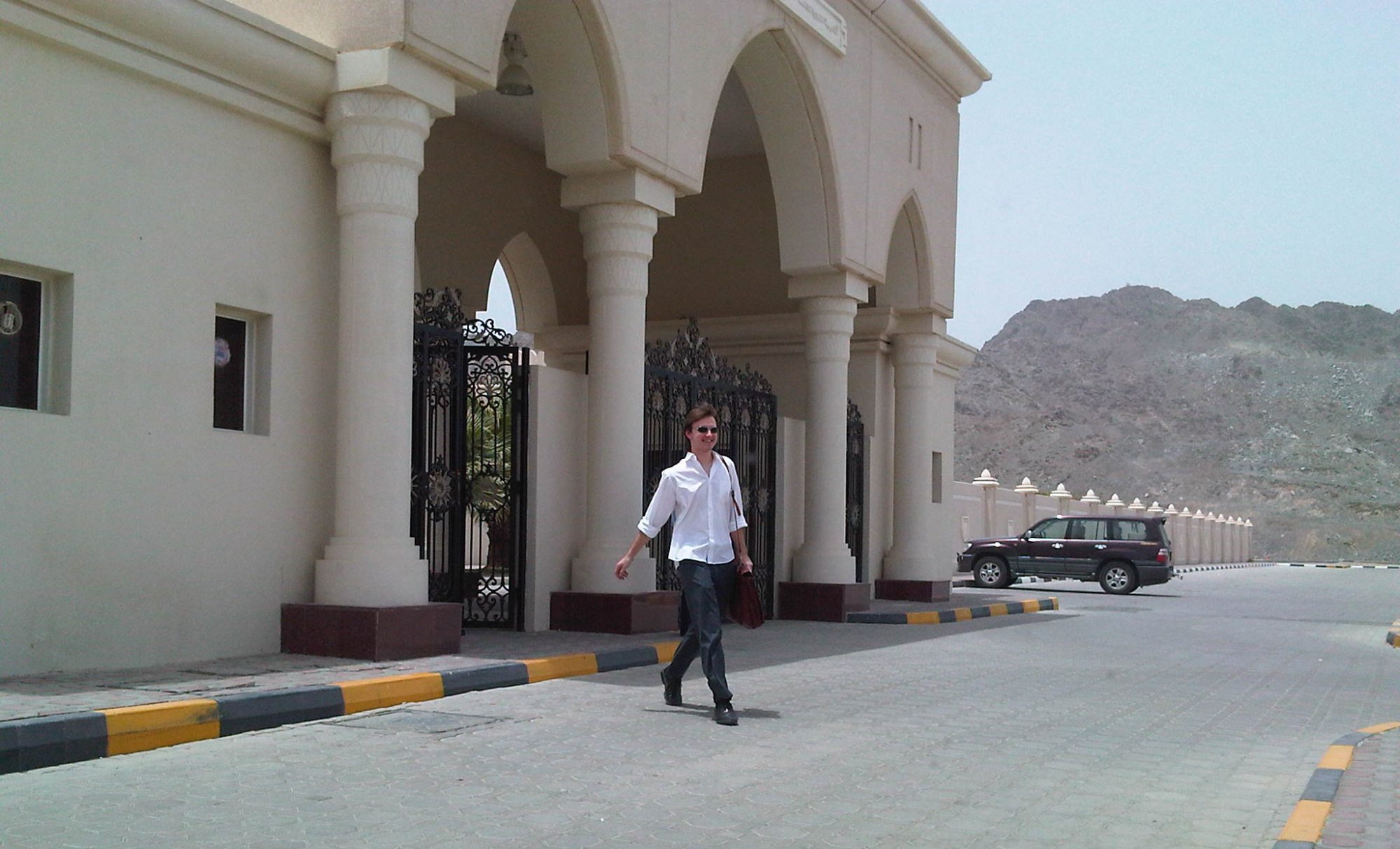No one wants to watch a movie in which the director yells “Lights, Camera…Multiple Choice Question” We are more excited with movies directed with the words “Lights, Camera, Action.” Multiple choice questions don’t reflect reality. In real-life we are seldom confronted with a multiple choice question, we are confronted with problems, decisions, and the need to be innovative. Not the need to choose the best answer out of four choices.
Action is what we want, it is what motivates humans. Kids can’t sit still, they need to move. We want to watch sports with activity and movement. Our jobs demand active thinking, complex decision making, and activity. Why should our learning design be inactive? Why should our online courses start with something as boring and pedantic as a learning objective? Why do we commonly create instruction with the page-of-text, page-of-text, page-of-text, multiple-choice-question format?
For the month of January as the New Year kicks off, I want learning and development professionals to think about action, activity, and innovation. I want us to make a conscious effort to force learners to do something. ..anything to get them mentally or even physically moving. Challenge your learners to interact with the e-learning and classroom instruction that you create.
Here are three tips to help you get started; some are borrowed from the field of video games which is an awesome place to look for inspiration for learning and development professionals. A term I like to use (while some others don’t) is gamification. We need to add gamification to our learning—more about that in a subsequent post.
So here is the list:
First
Start your learning with a challenge instead of a list of objectives or a lecture. Rather than state, “there are three things you should know about fraudulent claims”—start the training with, the statement “A potentially fraudulent claim has just been filed, you have 20 screens and 30 minutes to learn what to do. Proceed with caution.” As the challenge unfolds and you provide information to the learner, you should be providing more and more learning opportunities, introduce the fraud detection worksheet. Incorporate policy points into the feedback you provide the learner, add in exceptions. Too many courses are too easy. Yes, I said it…too easy. Humans don’t like or respect tasks that are too easy. Yet too many learning courses are built to the lowest common denominator. Create courses that challenger learners, they’ll learn more, remember more and, as a result, be able to do more.
Second
Create training where more than one answer is possible, feasible, and acceptable. Rarely in life are answers cut and dried. There are typically shades of gray that must be dealt with and reconciled. In most e-learning, there are absolutely right and absolutely wrong answers. How does that prepare a learner for what she will encounter on the job? Present a situation where the customer is half-right and half-wrong…what do you do? Or an ethical situation which is filled with gray. Training needs to be more nuanced than its current form. Provide alternative endings, provide different levels of “correct” …don’t keep giving one right answer.
Thir Third
Force the learners to perform the activity they are learning about. Make them enter a customer order, make them calm down an irate customer, make them close out an account. Make them operate the machinery. If you want someone to learn to do something, they must practice doing it! We can’t tell them about being a good leader and then hope they’ll be a good leader, they have to practice being a good leader, or sales person or accountant. Practice is needed to improve performance. Athletes don’t just read about competition, they practice, work on fundamentals, play scrimmages, and then perform. In training situations, the learner reads about negotiation skills, takes a multiple choice test about negotiation skills, and then is asked to go negotiate with a customer. That’s it–no practice, no scrimmage. Immediately they go to the real thing. This is not good.
So, as the New Year starts, think about what you, as a learning and development professional, can do to engage the people for whom you are building instruction. Don’t passively hand them content, instead make them do something in 2012. Your action item from this post is to create at least one challenge or action oriented activities for your learners in the next 3 months.

